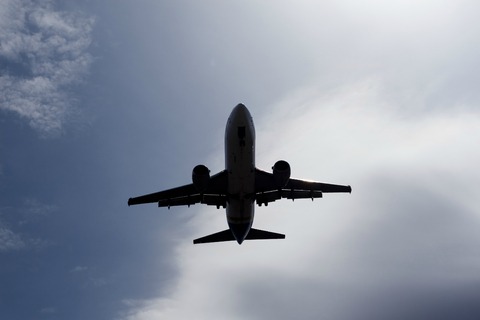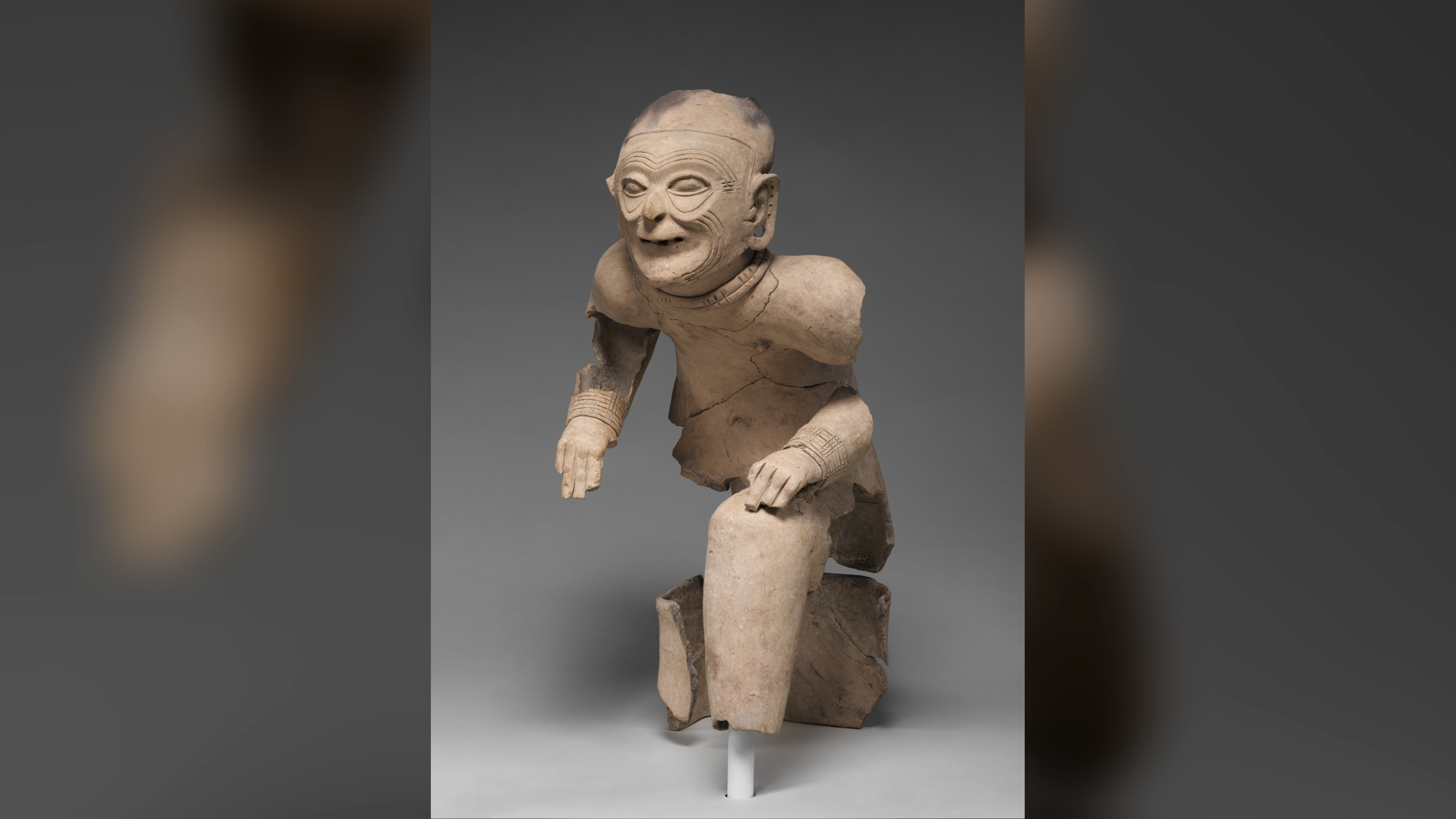The TSA's Dumb Air-Security Rules Are Not Based on Science

Get the world’s most fascinating discoveries delivered straight to your inbox.
You are now subscribed
Your newsletter sign-up was successful
Want to add more newsletters?

Delivered Daily
Daily Newsletter
Sign up for the latest discoveries, groundbreaking research and fascinating breakthroughs that impact you and the wider world direct to your inbox.

Once a week
Life's Little Mysteries
Feed your curiosity with an exclusive mystery every week, solved with science and delivered direct to your inbox before it's seen anywhere else.

Once a week
How It Works
Sign up to our free science & technology newsletter for your weekly fix of fascinating articles, quick quizzes, amazing images, and more

Delivered daily
Space.com Newsletter
Breaking space news, the latest updates on rocket launches, skywatching events and more!

Once a month
Watch This Space
Sign up to our monthly entertainment newsletter to keep up with all our coverage of the latest sci-fi and space movies, tv shows, games and books.

Once a week
Night Sky This Week
Discover this week's must-see night sky events, moon phases, and stunning astrophotos. Sign up for our skywatching newsletter and explore the universe with us!
Join the club
Get full access to premium articles, exclusive features and a growing list of member rewards.
The attacks of September 11, 2001, changed everything, especially in air travel. Since that day, the U.S. government has spent billions on technology, enacted rafts of new rules and turned flying into a far more upsetting, complicated procedure than it needs to be.
If it were all based on science and reason, critics might not be calling these new procedures “security theater”—an elaborate show to convince people that the authorities are doing something rather than nothing.
Take the Transportation Security Administration's rules about carry-on electronics, for example. Laptops have to come out of their bags and lie flat in a plastic tub—but not tablets, phones, Kindles, cameras or portable game consoles. Why the distinction?
The TSA says that it's not just about detecting explosives: removing bigger gadgets also unclutters your bag for better x-ray examination. Even so, on close inspection the rules get arbitrary very quickly. For example, according to the TSA, the 11-inch model of the MacBook Air is fine to leave in your bag, but the 13-inch model must be removed.
Then there are the airport checkpoints, where the old metal detectors are being replaced by millimeter-wave and backscatter scanners. They are supposed to be able to find nonmetal weapons and other contraband—not just objects made of metal. Many people consider these machines invasive (they can see through your clothes), overpriced (at least $160,000 apiece) and, in the case of the backscatter machines, a potential cancer risk.
They also require twice as many employees to operate and far more passenger preparation (you can't have anything in your pockets, not even your wallet or boarding pass). And they are much slower—the TSA says screening takes “less than a minute,” but that's about 60 times longer than it takes to walk through a metal detector. As a result, some airports now suggest checking in two hours before a domestic flight. How many millions of dollars in productivity are we losing as a result?
With these machines, we trade convenience for security. But look—if we're going to adapt a “security at any cost to convenience” policy, why not prohibit all luggage and require everyone to fly naked?
Get the world’s most fascinating discoveries delivered straight to your inbox.
Finally, there's the Federal Aviation Administration rule that all electronics, even headphones and e-book readers, have to be turned off during takeoff and landing, allegedly to prevent interference with the plane's navigation systems.
But the scientific evidence for this worry is sketchy. Some devices emit signals that could theoretically affect an aircraft's electronics. Yet “there have never been any reported accidents from these kinds of devices on planes,” FAA spokesperson Les Dorr told the New York Times last year. Once again, irrational fear, not solid science, is dictating policy for millions of travelers.
My field is technology, so I really shouldn't go into the other absurdities of TSA rules. I shouldn't mention how you can't have more than 3.4 ounces of liquid in a container, but you (and the group you are with) can bring lots of those little containers. Or how a full container of liquid is okay if you say that it's baby formula. Or that you have to throw away a seven-ounce toothpaste tube even if it's 80 percent empty. Or how kids who are 12 years old and younger no longer have to remove their shoes.
Or how all of this is focused on preventing a terrorist attack on a plane of 100 people—while far less attention is paid to far more populated targets, such as train stations, theaters, sports arenas and, yes, airports.
The TSA is not completely unaware of its public image, and it's making erratic headway in improving passenger experience. Airport scanners no longer send naked pictures of you to an offsite screener (software does the analysis now). And the TSA precheck program (currently used by a couple of airlines and 15 airports, with more on the way) gives low-risk travelers a special line, where removing shoes and coats isn't necessary.
Still, on balance, the TSA's irrational half measures and out-of-date electronics policies don't protect us all that well from terrorists. They do, however, make life miserable for the innocent.
This article was first published on Scientific American. © 2011 ScientificAmerican.com. All rights reserved. Follow Scientific American on Twitter @SciAm and @SciamBlogs. Visit ScientificAmerican.com for the latest in science, health and technology news.
 Live Science Plus
Live Science Plus











